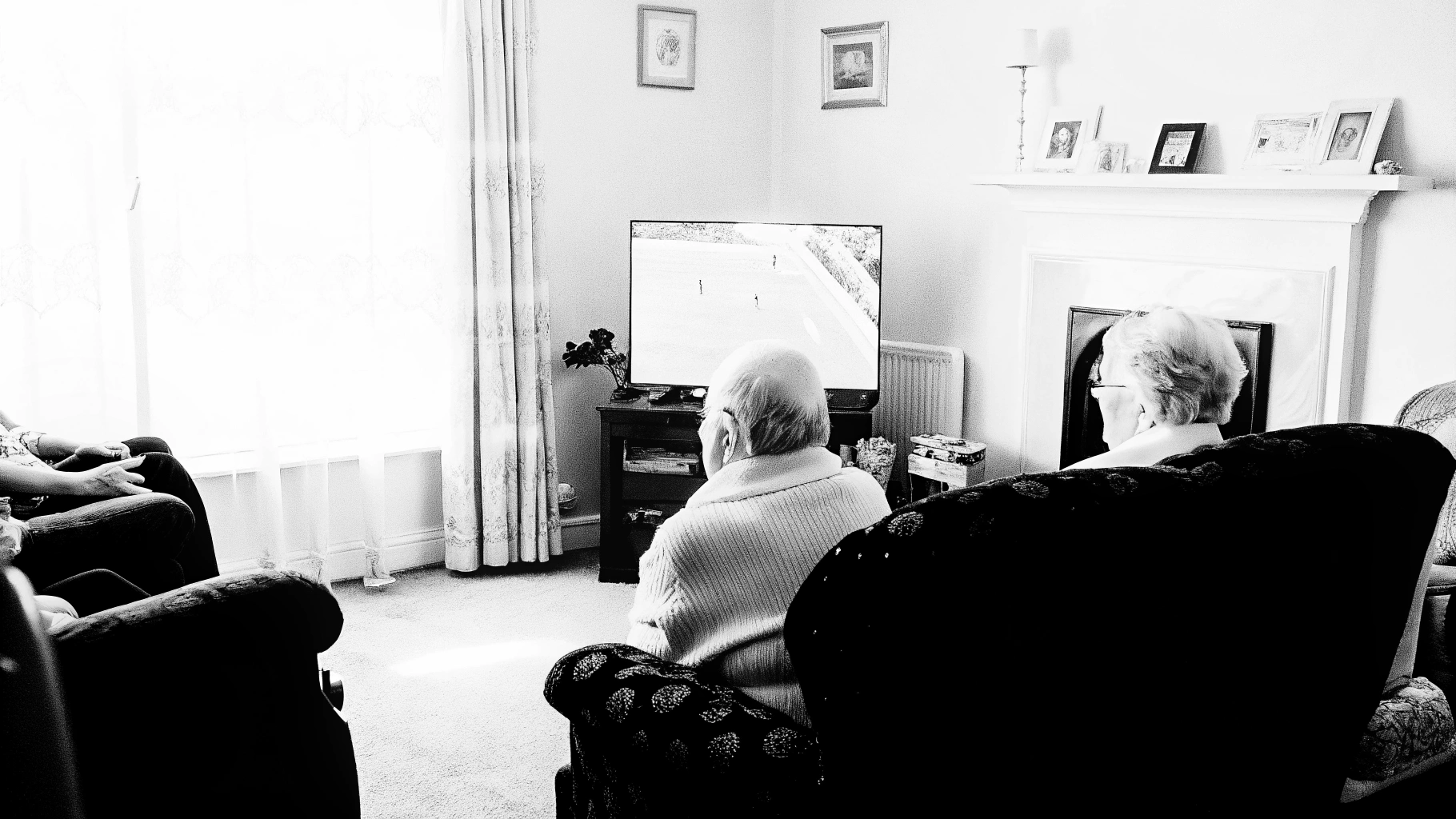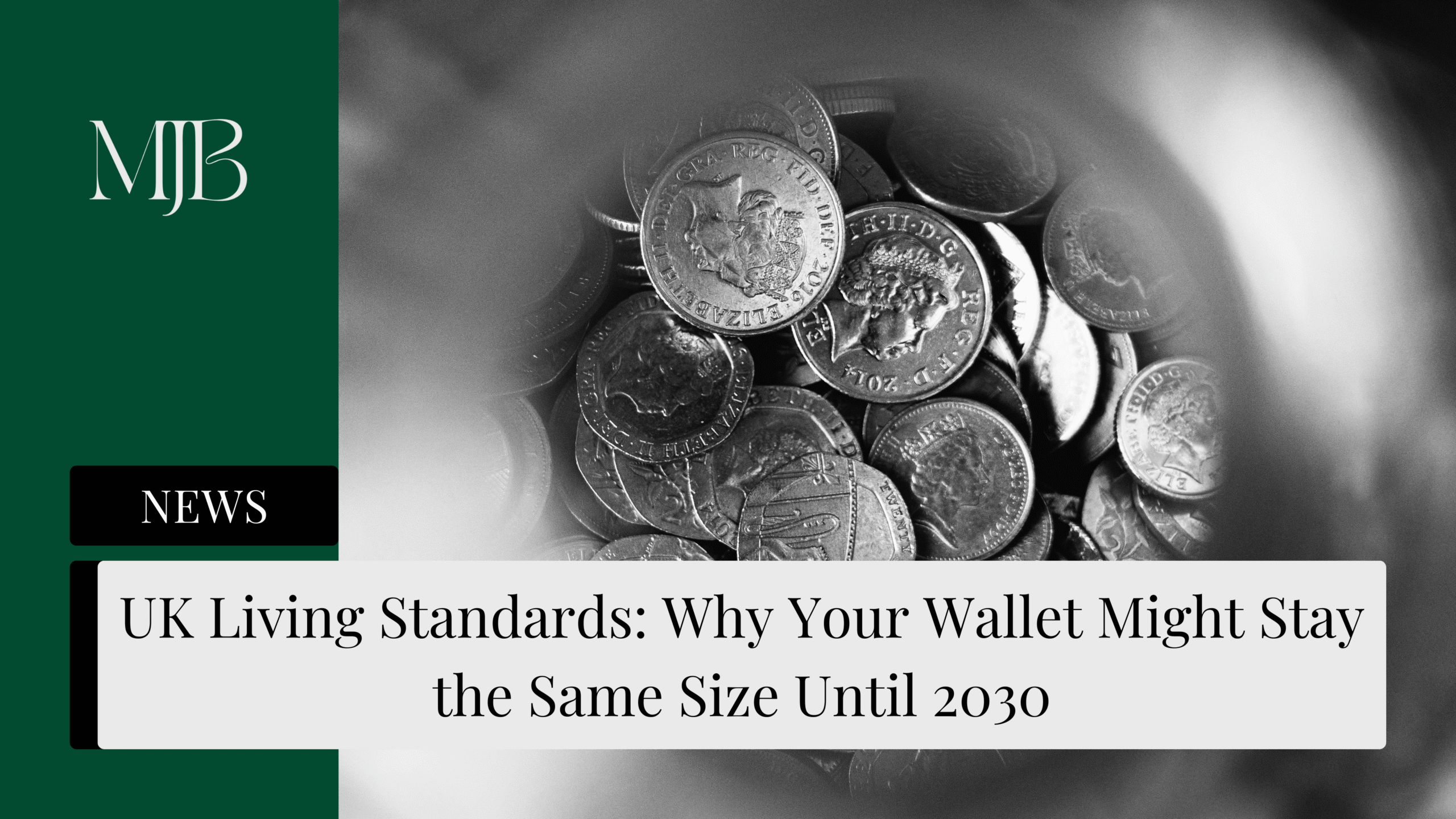Ever checked your bank balance and it’s… exactly where it was last month? Well, get comfortable with it. New research suggests British households need to strap in for a financial groundhog day that could last the entire decade.
The Resolution Foundation just unleashed some sobering numbers that’ll make you consider sugaring your morning coffee, despite the calories. While Chancellor Rachel Reeves promised we’d all be £500 richer annually (spoiler alert: that’s not happening until 2029, if at all), the reality looks more like a £300 bump – and that’s if you’re a lucky Larry.
The kicker: if you’re over 65, you’re laughing all the way to the bank with a projected £1,500 boost. But if you’ve got kids? Your income is basically frozen in carbonite, without a cuddly Chewbacca as part of the rescue plan. Let’s break down why this decade might be the financial equivalent of watching paint dry.
The Numbers That’ll Make You Reach for Another Coffee
The Great Income Standstill of the 2020s
Picture this: the typical UK household income will “remain essentially unchanged” throughout the 2020s. Or as an economist would say, “your paycheck isn’t going anywhere, mate.” This would make it the worst decade for income growth in 60 years – yes, worse than the stagflation-riddled 1970s.
To put that in perspective, even during the tumultuous 2010s (remember Brexit? The financial crash hangover?), households still managed a 9% income boost. The 2020s? We’re looking at basically zero growth. It’s like your salary decided to take a decade-long nap. I pray it’s a power nap.
The Generation Game: Why Grandma’s Winning
Here’s where things get discussion worthy (and potentially awkward at family dinners). The income forecast shows a massive generational divide:
- Over-65s: Set to see incomes jump by £1,300 over five years
- Families with children: No change. Nada. Zilch.
- Lower-income families: Could be 4% worse off by 2030
If you’re wondering why pensioners are doing relatively well, it’s partly down to the triple lock on state pensions and different exposure to the factors absolutely hammering working-age incomes.

The Culprits Behind Your Stagnant Salary
Fiscal Drag: The Stealth Tax Nobody’s Talking About
Ever heard of fiscal drag? It’s the government’s sneakiest way to slither into your back pocket. Income tax thresholds are frozen until 2028, meaning as your salary creeps up with inflation, more of it gets gobbled up by tax. It’s like running on a treadmill – you’re moving, but you’re not actually going anywhere.
Adam Corlett from the Resolution Foundation summed it up perfectly: “The living standards story of the decade so far has been bust and boom. But the rest of the decade looks bleak.” Not exactly the cripplingly corporate motivational quote you want displayed on the office wall.
The Triple Threat: Council Tax, Rent, and Water Bills
While your income plays dead, your bills are doing the opposite. The Resolution Foundation think tank points to three specific squeeze points:
- Council tax continues its relentless march upward
- Rent remains stubbornly high (shocking, right?)
- Water bills keep flowing… upward
They suggest the government needs to review policies around these areas if they want to give household incomes any chance of growth. But don’t hold your breath.
What This Means for Your Financial Future
The Global Context: It’s Not Just Us (But That’s Not Comforting)
The World Bank has chimed in with its own cheery forecast: this decade will be the worst for global growth since the 1960s. Add President Trump’s terrific tariffs into the mix, and the international economic canvas looks about as appealing as a British summer barbecue in the rain.
The Reality Check: What Can Actually Change?
The World Bank’s report acknowledges something politicians often forget (surprising, I know): not everything is under government control. As the economists put it, living standards depend on “a dose of luck” – things like global commodity prices and technological trends that no amount of policy-making can influence.
Here’s what the government could theoretically do:
- Review council tax support systems
- Tackle the rental market crisis
- Address water bill pressures
- Invest in productivity-boosting infrastructure
But… the catch-22: any direct help for households means less money for public services and investment. It’s like choosing between fixing your roof and buying food – both are essential, but the budget won’t stretch.

Key Takeaways: How to Navigate the Income Ice Age
So, what’s a financially frustrated Brit to do? Here’s the reality check:
- Don’t bank on significant income growth – plan your finances assuming your salary stays relatively flat
- Watch out for fiscal drag – that pay rise might not be as generous as it looks after tax
- If you’re under 65, buckle up – the generational income divide is real and growing
- Lower-income families need extra caution – you’re most vulnerable to this economic stagnation
The bottom line? This decade’s shaping up to be a financial marathon rather than a sprint. While politicians promise prosperity around the corner, the data suggests we’re in for a long, flat stretch of road.
Want to stay ahead of the UK’s economic curveballs? Soon you’ll be able to sign up for our weekly finance newsletter where we break down complex economic reports into actionable insights – with 73% less jargon and 100% more clarity.
FAQ: Your Burning Questions About UK Living Standards
Q1: Is the £500 yearly boost promised by the Chancellor actually happening?
Not quite. While Chancellor Reeves mentioned this figure, economists project households will only see about £300 in income growth – and that won’t materialise until 2029. It’s like waiting for a delayed train that’s already running five years late.
Q2: Why are pensioners doing so much better than working families?
Pensioners benefit from the triple lock on state pensions, which guarantees increases in line with inflation, average earnings, or 2.5% – whichever is highest. Meanwhile, working-age incomes are getting squeezed by frozen tax thresholds and rising living costs.
Q3: What exactly is fiscal drag and why should I care?
Fiscal drag happens when tax thresholds don’t rise with inflation. As your salary increases to keep up with rising prices, you end up paying more tax without actually being better off. It’s essentially a stealth tax that’ll affect millions until thresholds unfreeze in 2028.
Q4: Could things actually get worse than projected?
Unfortunately, yes. The projections assume unemployment stays flat and real earnings growth doesn’t drop below 0.6%. If we hit another economic shock or these assumptions prove optimistic, lower-income families could see an 8% income drop across the decade.
Q5: What can I personally do to protect my finances during this “income ice age”?
Focus on what you can control: build an emergency fund, avoid lifestyle inflation, consider upskilling for better job prospects, and don’t assume your income will grow significantly. Think marathon, not sprint – pace your financial decisions for a long, slow decade.
DISCLAIMER
Effective Date: 15th July 2025
The information provided on this website is for informational and educational purposes only and reflects the personal opinions of the author(s). It is not intended as financial, investment, tax, or legal advice.
We are not certified financial advisers. None of the content on this website constitutes a recommendation to buy, sell, or hold any financial product, asset, or service. You should not rely on any information provided here to make financial decisions.
We strongly recommend that you:
- Conduct your own research and due diligence
- Consult with a qualified financial adviser or professional before making any investment or financial decisions
While we strive to ensure that all information is accurate and up to date, we make no guarantees about the completeness, reliability, or suitability of any content on this site.
By using this website, you acknowledge and agree that we are not responsible for any financial loss, damage, or decisions made based on the content presented.






